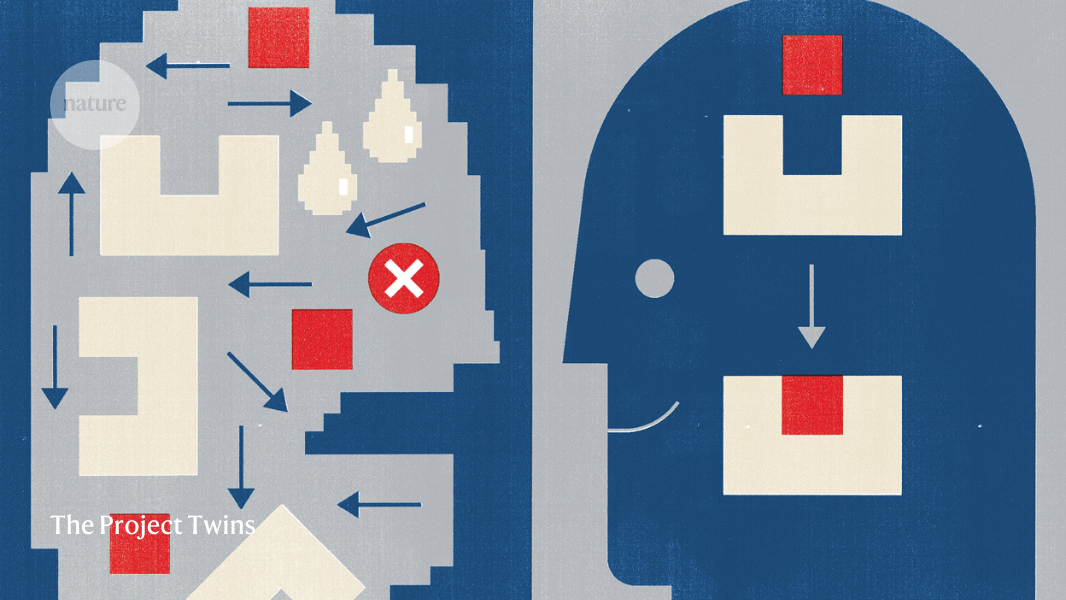Funny I don’t see much talk in this thread about Francois Chollet’s abstraction and reasoning corpus, which is emphasised in the article. It’s a really neat take on how to understand the ability of thought.
A couple things that stick out to me about gpt4 and the like are the lack of understanding in the realms that require multimodal interpretations, the inability to break down word and letter relationships due to tokenization, lack of true emotional ability, and similarity to the “leap before you look” aspect of our own subconscious ability to pull words out of our own ass. Imagine if you could only say the first thing that comes to mind without ever thinking or correcting before letting the words out.
I’m curious about what things will look like after solving those first couple problems, but there’s even more to figure out after that.
Going by recent work I enjoy from Earl K. Miller, we seem to have oscillatory cycles of thought which are directed by wavelengths in a higher dimensional representational space. This might explain how we predict and react, as well as hold a thought to bridge certain concepts together.
I wonder if this aspect could be properly reconstructed in a model, or from functions built around concepts like the “tree of thought” paper.
It’s really interesting comparing organic and artificial methods and abilities to process or create information.
I find it fascinating that AI development provoked the question of how our thoughts actually work and am curiously awaiting the results.
Title:
ChatGPT broke the Turing test
Content:
Other researchers agree that GPT-4 and other LLMs would probably now pass the popular conception of the Turing test. […]
researchers […] reported that more than 1.5 million people had played their online game based on the Turing test. Players were assigned to chat for two minutes, either to another player or to an LLM-powered bot that the researchers had prompted to behave like a person. The players correctly identified bots just 60% of the time
Complete contradiction. Trash Nature, it’s become only an extremely expensive gossip science magazine.
PS: The Turing test involves comparing a bot with a human (not knowing which is which). So if more and more bots pass the test, this can be the result either of an increase in the bots’ Artificial Intelligence, or of an increase in humans’ Natural Stupidity.
So if more and more bots pass the test, this can be the result either of an increase in the bots’ Artificial Intelligence, or of an increase in humans’ Natural Stupidity.
Or it “simply” plays with human biases, which are very natural. Stuff like seeing faces in everything that somewhat resembles two eyes and a mouth (or sometimes just the eyes and a head like shape etc.) is pretty hard wired. We have similar biases in regards to language. If something reads like it was written by a human, we immediately sympathize with it. Which is also the reason these LLMs are so successful and cause so many people to fear our AI overlords are right around the corner. Simply because the language is good we go into “damn, that’s like a human”-mode.





